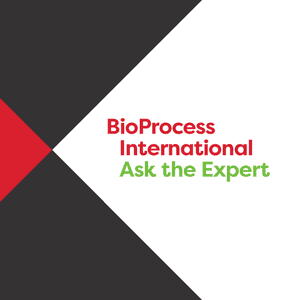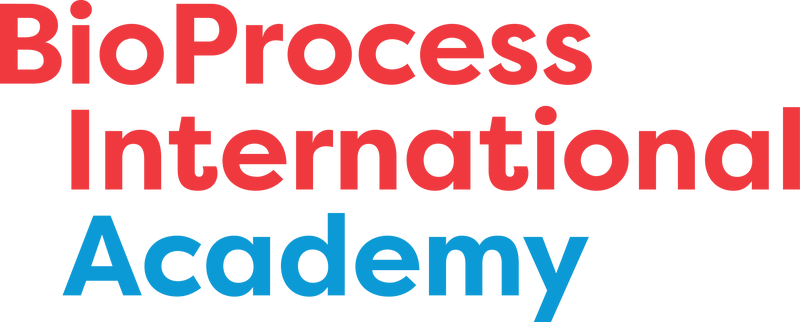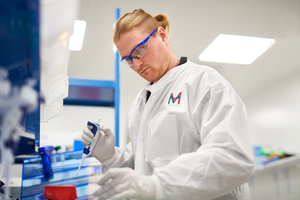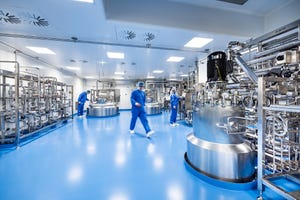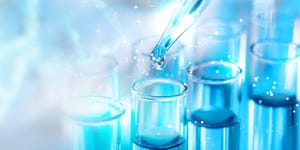- Sponsored Content
Ask the Expert: A Scalable Platform for Production of High-Quality and GMP-Grade Plasmid DNA
February 4, 2022
Sponsored by Wacker
Demand continues to grow for clinical- and good manufacturing practice (GMP)-grade plasmid DNA (pDNA) amid the proliferation of therapies based on mRNA and viral vectors. At a newly acquired manufacturing facility in San Diego, CA, Wacker Chemie is expanding its capabilities with a scalable platform for pDNA production. In October 2021, Mack Kuo (associate director of bioprocess development at Wacker Biotech US) showcased the site’s capabilities and described how it can provide comprehensive, customizable services for plasmid production.
Kuo’s Presentation
The San Diego site provides customers with nearly 20 years of experience in pDNA manufacturing. Its staff have released over 100 GMP-grade batches for several pDNA products. Those have ranged in size from 3.7 kb to 11.0 kb and have included supercoiled and linearized plasmids cultured in several Escherichia coli strains. Activities for those projects have spanned from cell banking through quality control (QC) release of bulk drug substance.
Finished plasmids have served as starting material for advanced therapies and nucleic-acid vaccines developed by government and commercial sponsors alike. Kuo highlighted his group’s work with Helixmith to manufacture its Engensis product, a plasmid that contains cDNA encoding for human hepatocyte growth factor. The site has manufactured multiple GMP lots of the plasmid in campaign mode.
Kuo noted that Wacker Biotech US can assist drug sponsors with process development (PD) and optimization. The San Diego site operates ribonuclease- and animal-component–free production processes, including steps for DNA ligation and bacterial transformation. Four 5-L fermentors and one 10-L vessel enable manufacture of plasmids for PD and research and development (R&D) activities. For GMP plasmid production, the facility runs a 500-L stainless-steel reactor and houses dedicated suites for fermentation, recovery, purification, and packaging. Over the past year, Wacker has renovated those spaces and upgraded their equipment to enhance the line’s functionality and increase its potential for automation. The company plans to boost production capacity further by adding a variable-scale, single-use (SU) line for production volumes of 6–30 L and by building out a modular cleanroom in anticipation of GMP expansions. The SU line should be operational early in 2022.
Complementing those technologies are significant analytical capabilities. A dedicated PD laboratory can perform in-house optimization studies, feasibility testing, technology transfer, and comparability assessment. Meanwhile, onsite quality assurance (QA) and QC teams provide analytical and regulatory support from cell banking through product release. The QC group uses methods such as agarose gel electrophoresis (AGE), quantitative polymerase chain reaction, and high-performance liquid chromatography (HPLC) to evaluate several plasmid-product quality attributes.
Kuo demonstrated the scalability of the site’s platform process using data from the production of a pDNA product at scales of 5 mL, 5 L, and 500 L. All batches showed comparable volumetric and productivity yields. Restriction digests confirmed the identity of all produced plasmids. The products showed highly similar impurity profiles. Absorbance 260/280 ratios were identical across scales (1.9/1.0). So were levels of contamination from residual host RNA, as measured by AGE (<0.1%). HPLC revealed highly similar purity levels (>95% in all cases), and all endotoxin levels remained
<2.0 EU/mg. Although results vary by product, Wacker’s fully SU 5-mL process for non-GMP grade plasmids averages yields of 100–500 µg. Glass fermentors yield 100–500 mg and 200–1,000 mg in Wacker’s 5-L and 10-L non-GMP processes, respectively. The fully SU line for GMP-grade production (variable working volume, 6–30 L) is expected to yield 0.6–3.0 g of plasmid product. The 500-L stainless-steel process generates 10–50 g.
Together, such technologies and capabilities enable Wacker Biotech US to support sponsors throughout drug development. The company’s business development team works with sponsors to customize work packages, and development objectives are designed according to what sponsors need at different clinical stages.
Questions and Answers
What distinguishes “GMP-grade” from “high-quality” plasmids? GMP-grade products require much more QA oversight, documentation, and QC testing than high-quality plasmids.
What improvements might be incorporated into the platform? Recent facility upgrades will help to improve its yields and automatability. Although the platform currently prioritizes turnaround time by leveraging a brief fermentation period, it could benefit from Wacker Chemie’s experience with high-density fermentation.
The recorded webcast is now available to view on-demand: Watch Now.
You May Also Like
